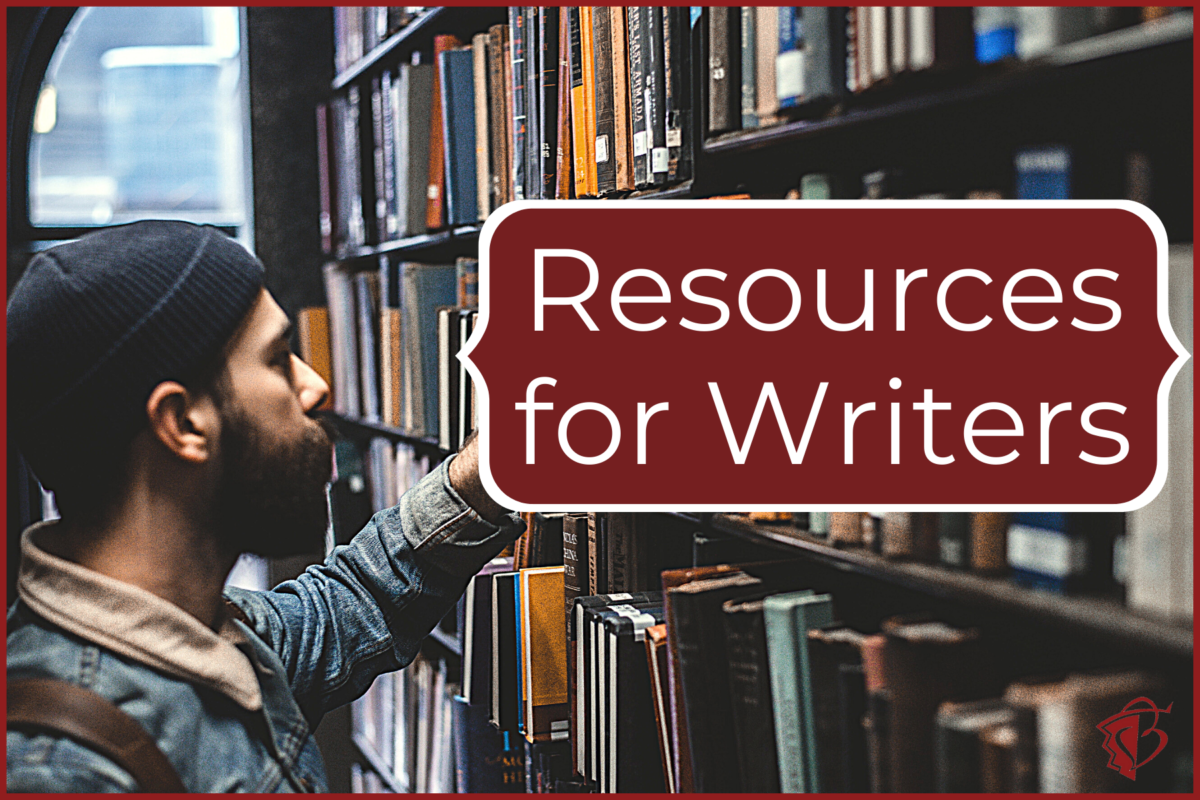What would editors do without writers—all kinds of writers? Editors are grateful for the interesting and challenging work that comes to us from writers of fiction and nonfiction. Both have mutual aims and goals: to inspire, inform, teach, and entertain their readers as they deeply and intensely explore their subject matter and create a wide range of materials that appear on and in a multitude of venues and publications. With humble appreciation, I offer some resources that might be useful for writers of fiction and nonfiction.
Grammar, Syntax, Punctuation, and Spelling
For writers in need of advice regarding grammar, syntax, and punctuation issues, I suggest choosing a standard grammar text that “works” for them. My favorite grammar text (which also covers syntax and punctuation) is The Random House Handbook, 5th edition, by Frederick Crews. (Remember: English grammar and rules of punctuation have not changed for quite some time, so even an old grammar text is fine!)
For spelling, I use Merriam-Webster’s Collegiate Dictionary, 11th edition.
My favorite resource for usage issues is Garner’s Modern American Usage, 3rd edition, by Bryan A. Garner. Another useful resource for writers is the Oxford Reverse Dictionary. A reverse dictionary consists of an alphabetical list of words, concepts, ideas, and so on that are organized by meanings and concepts under which are related words that are defined or explained.
Resources for Writers of Fiction and Nonfiction
- Ignite Your Ink blog by Caitlin Berve
- Dialogue: The Art of Verbal Action for the Page, Stage, and Screen by Robert McKee
- How to Write Non-Fiction: Turn Your Knowledge into Words by Joanna Penn (also The Creative Penn podcast and blog by Joanna Penn)
- Medieval Underpants and Other Blunders: A Writer’s (& Editor’s) Guide to Keeping Historical Fiction Free of Common Anachronisms, Errors, & Myths, 3rd edition, by Susanne Alleyn
- Save the Cat! The Last Book on Screenwriting That You’ll Ever Need by Blake Snyder (These screen writing books are great for structuring fiction and some story-based nonfiction too.)
- Self-Publisher’s Legal Handbook: Updated Guide to Protecting Your Rights and Wallet by Helen Sedwick
- Story: Substance, Structure, Style, and the Principles of Screenwriting by Robert McKee
- Write Characters Your Readers Won’t Forget: A Toolkit for Emerging Writers by Stant Litore
- Write Worlds Your Readers Won’t Forget by Stant Litore
- Writer’s Craft Series by Rayne Hall
- The Writer’s Guide to Beginnings: How to Craft Story Openings That Impress Agents, Engage Editors, and Captivate Readers by Paula Munier
- Writing Active Hooks by Mary Buckham
- Writing Excuses podcast hosted by Margaret Dunlap and others
Finding an Editor for Your Book
Do you need a developmental editor, a copyeditor, a fiction editor, a nonfiction editor, a children’s book editor, a memoir editor, a reference editor, or an editor with expertise in a specific field? Peter Ginna, author of What Editors Do: The Art, Craft, and Business of Book Editing, will help you find the right editor for your work.
As you can see, there are many excellent resources for writers. Some can be found in bookstores; many others are on the web. All can be of help to you as a writer. We all know, of course, that a writer’s urge to create, to inform, to enlighten, and to entertain is the essential resource for all successful works.

Thank you, Alice! I think I’ll buy the reverse dictionary to add to my collection of resources.
This is a spectacular list of resources, Alice! I am passing this blog post on to many writing friends. Thank you!! With this list, I can maybe get the book stuck in my head for years now into print someday.
Thanks, Alice! Great resources. I use Merriam-Webster’s online dictionary all the time. https://www.merriam-webster.com/
OMG! I have to get a copy of Medieval Underpants and Other Blunders!!! Proof that writing guides do not have to be boring! Thanks for all your recommendations, Alice!
Thanks, Alice, this is a great list. If we’re going for entertaining books about grammar, I would also suggest Eats, Shoots & Leaves by Lynne Truss. You’ll never think of the Oxford comma in the same way again!
This is wonderful, Alice. Thank you! You had me at The Oxford Reverse Dictionary. And although this isn’t a writing guide per se, I have to add The Etymologicon: A Circular Stroll Through the Hidden Connections of the English Language, by Mark Forsyth (The Inky Fool). Just for entertainment value. 🙂